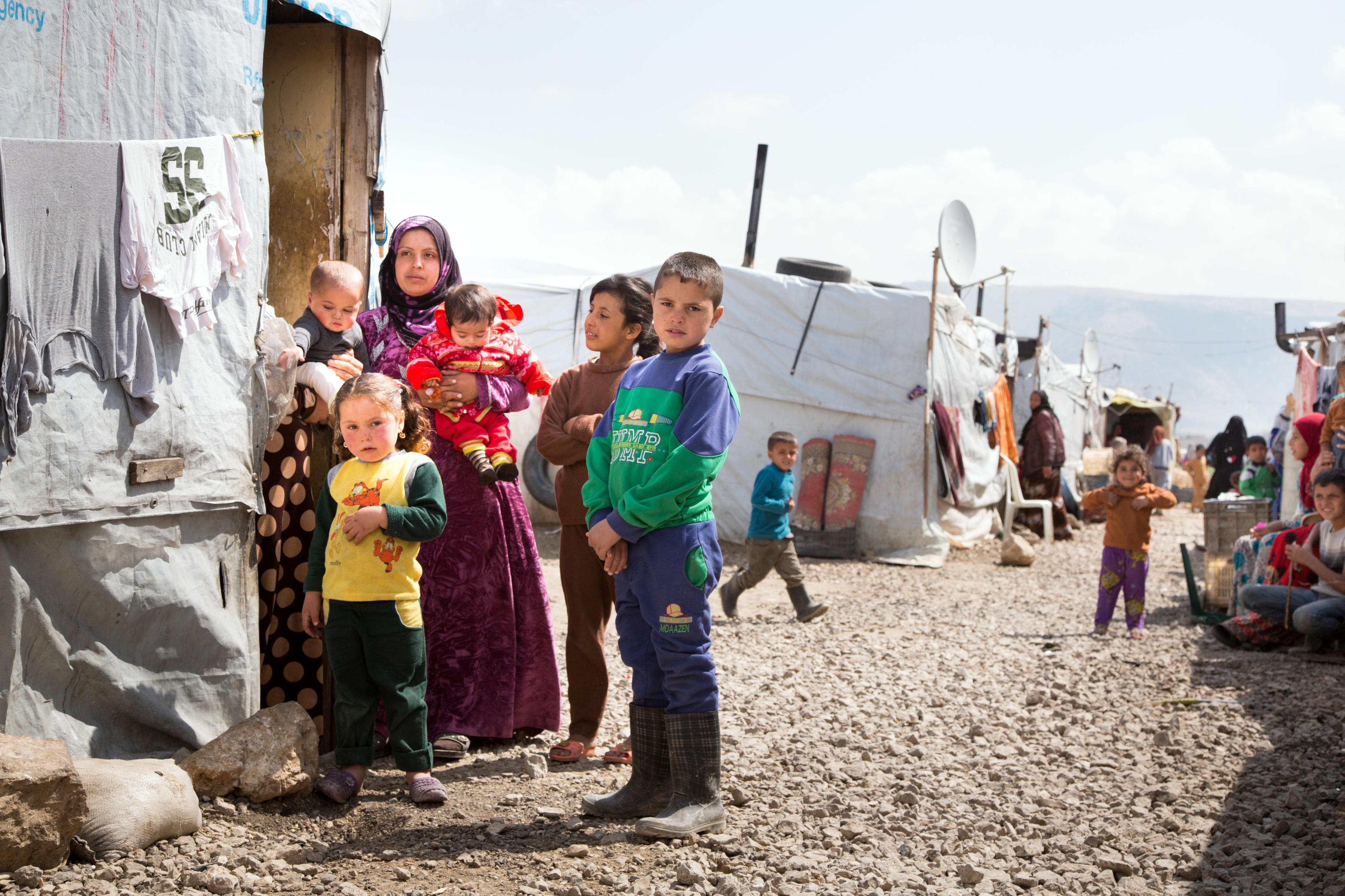Syria conference BMZ commits 623 million euros to support the region
The funds will be used to improve the life prospects of people in Syria and of people in Syria’s neighbouring countries, which are severely affected by the crisis and have taken in millions of refugees. This support is urgently needed because the already very difficult situation is being made much worse as wheat prices are increasing due to the war in Ukraine, the world’s breadbasket.
Development Minister Svenja Schulze: “We want to send out a clear signal of solidarity today. Of course, Europe’s attention right now is on the war in Ukraine. But we are not forgetting the Syrian civil war and the suffering it is causing. During my trip to Lebanon I saw for myself just how critical the food and energy supply situation in the region already is. Now, the dramatic impacts of the Ukraine war are making matters even worse. That is why we are pledging 623 million euros from the Development Ministry’s budget to support the people in Syria and in the host countries that have taken in refugees from Syria in this emergency situation.”
Further commitments under German development cooperation are currently in the planning stages and will be made available in the region once the federal budget for 2022 has been approved.
In Syria alone, 14.6 million people depend on humanitarian assistance; 12 million people are in a situation of food insecurity. In Syria’s neighbouring countries Turkey, Lebanon, Jordan and Iraq, where 5.7 million displaced Syrians are living, the situation for refugees and host communities is deteriorating, too.
Development Minister Svenja Schulze: “In addition to these funding commitments, a global effort will be needed in order to mitigate the consequences of the Ukraine war on the global food situation. The Global Alliance for Food Security, which have I initiated within the G7, can make an important contribution in this regard, especially in this region which is heavily dependent on wheat imports from Ukraine.”
Between 2012 and 2021, the German Development Ministry made available 8.6 billion euros for measures in Syria, Turkey, Lebanon, Jordan and Iraq. With these funds, the BMZ is supporting basic services, creating jobs and thus life opportunities and also strengthening people’s ability to cope with future crises.
In 2021 alone, access to drinking water was improved for almost 4 million people; about 2 million people were given access to improved health care.
